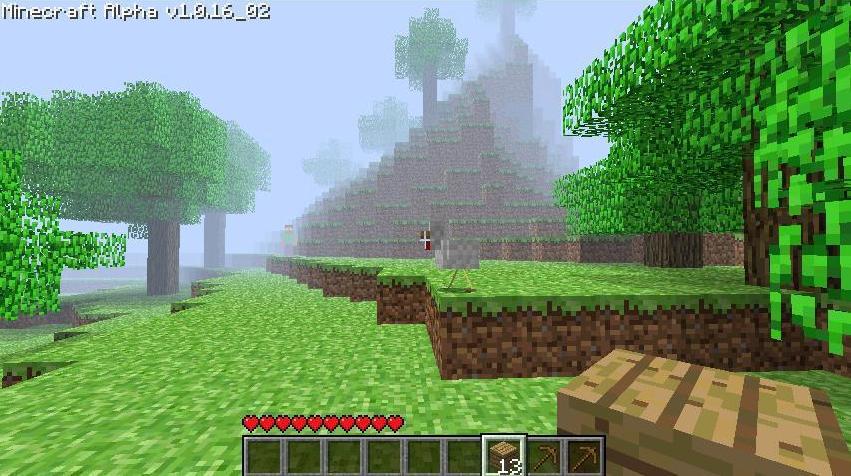
Closures
Which brings us to studio closures, developers leaving their jobs, and more. The aforementioned Bioshock developer, Irrational Games - which was headed by longtime industry veteran Ken Levine - closed down earlier this year. There were numerous reason, some of which we’ll get into later, but it most likely comes down to financial reasons.
Studio closures are all too common - in fact - here are just some of the studios that closed down in 2013: THQ, Lucas Arts, Vigil Games, Bioware San Francisco, Junction Point Studios, Blitz Games Studios, Danger Close, Victory Games, and Time Gate. Some of these studios have been producing games since the early 1980s - like Lucas Arts. Others, like Junction Point, developed high profile titles like Epic Mickey and were helmed by industry veterans like Warren Spector.
Of course the biggest might have been THQ - which was actually a multiple studio closure and the end of a company that has been around the industry for a very long time.
But that’s just ONE YEAR. The entire generation also saw some other big name studios closed like Bizarre Creations, 3D Realms, Blackrock Studios, Blitz Games, Factor 5, Zipper Interactive, Pandemic, and Hudson Soft.
All of the studios point to a bubble being burst within the industry. It wasn’t easy to see while we were in the bubble, but now that it’s gone, the picture has become too clear.
Entire studios closing is only half of the picture. Several high profile developers left their longtime studios. Peter Molyneux left Lionhead after 12 years. Cliff Blesinzski left Epic Games after 20. Ken Levine rebooted Irrational Games after 12. All of these folks have one goal in mind - get out of the vicious cycle of the big huge AAA games and try to make smaller entertainment and gaming products.
The Change
Indie Games rose to power this generation, championed by games that is almost too hard to consider indie. Minecraft rose from almost nothing to become a behemoth of a title but it laid the groundwork for many new ways we consume gaming.
Early access, open beta testing, direct feedback, Kickstarter.

These things did not exist before and now they’ve completely changed the games industry. Gamers are getting access to games earlier in their life cycle, they are influencing the decisions developers are making with the games, they are playing the games earlier than ever, and they are financially supporting the developers directly during a time when publishers would normally plant their seed money. Crowdfunding is the true definition of the word.
So what exactly is this change? Where is the market going? It’s the decline of the AAA. It’s not that these games won’t exist, it’s that they’ll be few and far between. Instead we’ll (continue) to see more mid-tier titles and lots of indie games. Lots and lots of indie games. The need for a developer/publisher relationship is shrinking.